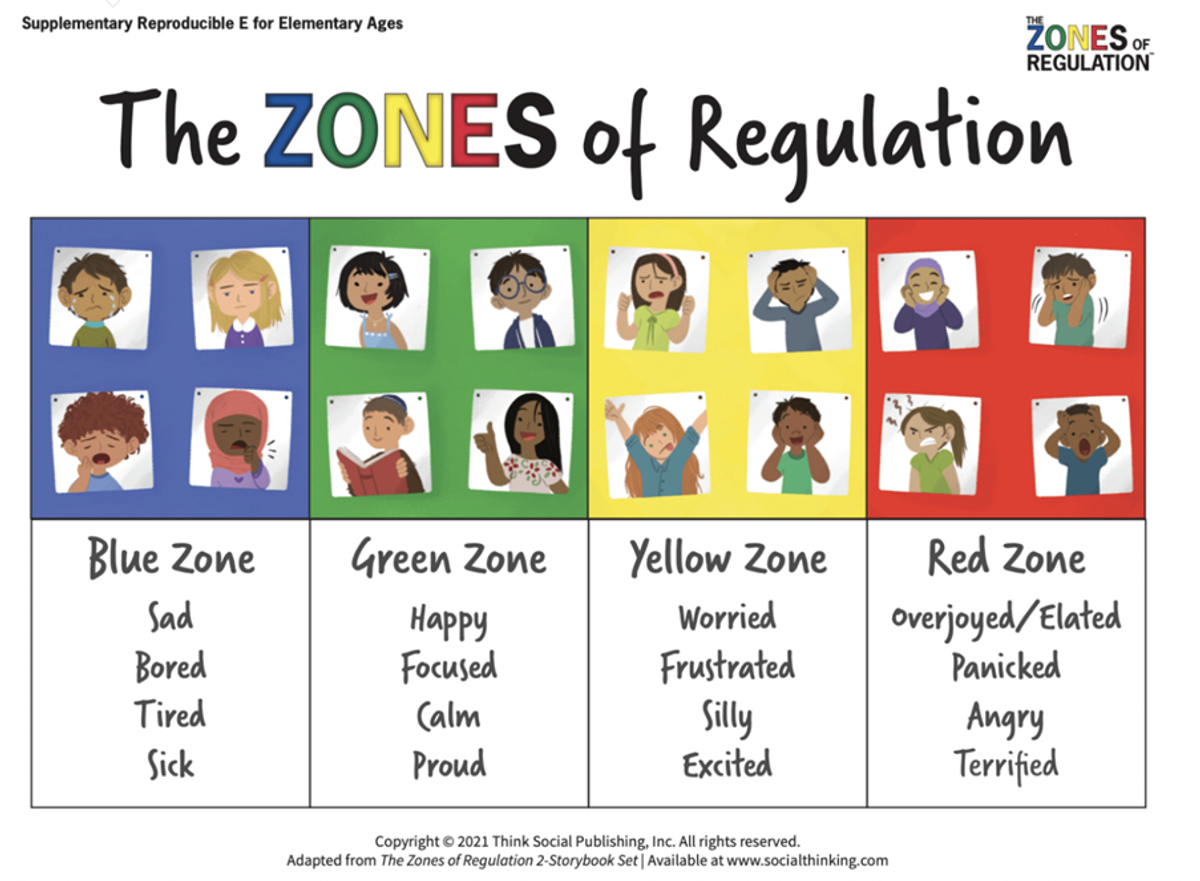Be a Brain Ally
Tanya Vaughan - Head of Primary

Be a Brain Ally
Tanya Vaughan - Head of Primary
We are made in the image of God! We are fearfully and wonderfully made! We have been made to flourish!
These are the themes that have resonated in our Primary Assemblies each Tuesday morning. What a privilege it is to ground our learning in biblical truths and the promises found in God’s word. It is our prayer that the seeds will fall upon ‘good soil’, as young hearts respond to the truth that they are made by God, loved by God and known by God.
To support our understanding, we were blessed to hear from our Primary Counsellors, Joel and Chelsea, about neurodiversity last week. The following is a summary of the key points raised:
With an age-appropriate focus, we highlighted the beautiful way in which God has created us in His image, yet with individual skills, talents and abilities. The particular focus in this presentation was the different ways in which our brains are wired and what that may mean for individuals. We used the children’s story, You Are Special by Max Lucado to highlight that God made us with many differences and that we are all special.
We used simple descriptions such as ‘speedy brains’, ‘noisy brains’ and ‘special interest brains’ to describe attention challenges, sensory reactivity and selective interests in particular students. We highlighted how some of these unique aspects of our brains can become incredible strengths as well.
We know that there can be challenging moments at school for everyone and we suggested some helpful ways to respond such as persevering, getting help from others and taking the challenge one small step at a time. However, in reality there are times when we aren’t able to approach these challenges effectively because we are dysregulated. The language we use to describe this at DCC is that we are not in the ‘green zone’. Across the Primary school the teachers use the ‘Zone of Regulation’ model to help students identify in themselves and support others who are needing a bit more help to shift out of either the blue, yellow or red zones.


Our hope is that students develop both a greater understanding of their own brains and also acquire strategies they can adopt in being a ‘brain ally’ to others, ready to help someone who is having a tough time.
Brain allies can: 1. Try to speak calmly and kindly 2. Ask them if they need any help from you or a teacher 3. Be patient if they need some time to calm down 4. Be forgiving.
We hope and pray that as we explore the unique ways that God created each of us, we can appreciate that we need these differences to brainstorm new ideas, bring our unique strengths to the world and to work together as a team. Part of these differences also means we need to be ‘brain allies’ so we can find unique ways to support each other to be our best selves and live out who God created us to be.
Joel Grant, Counselling Team Leader